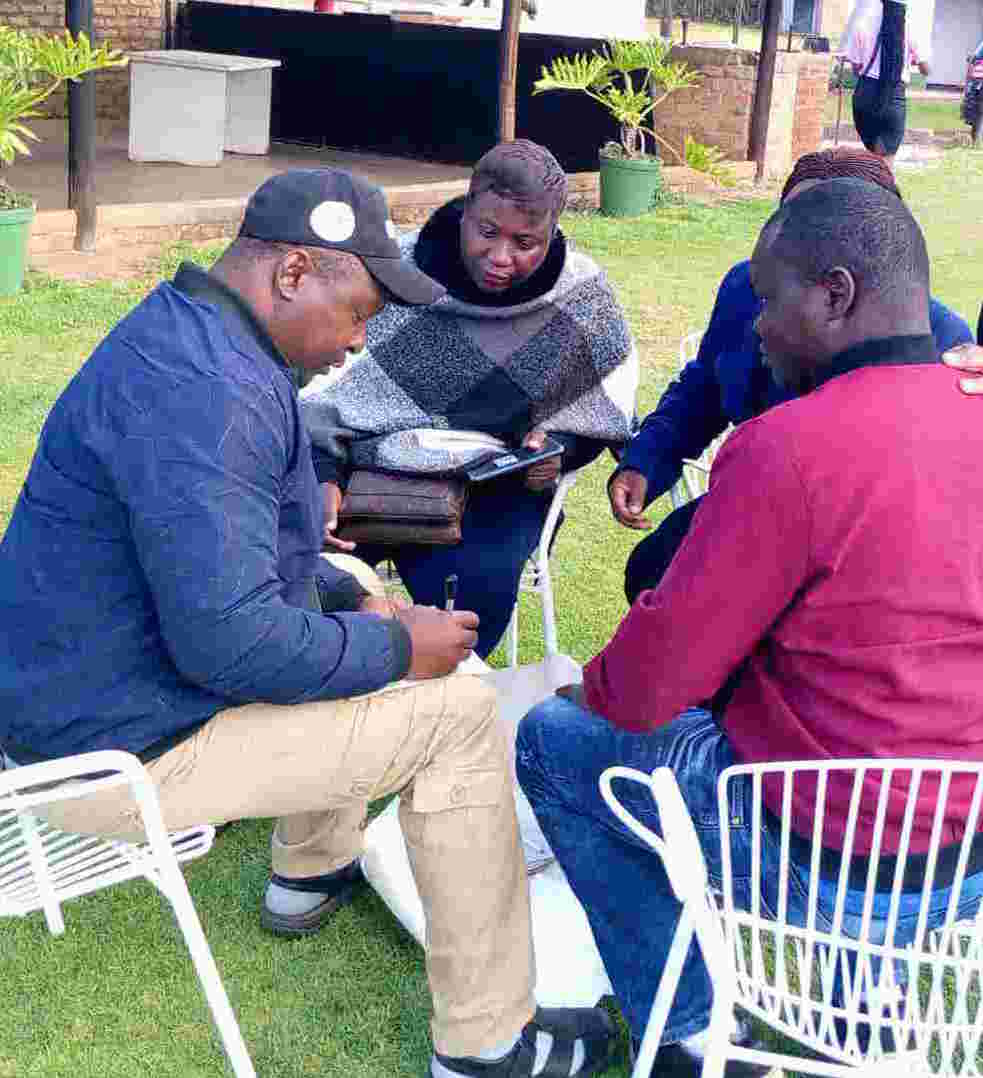|
Getting your Trinity Audio player ready…
|
The Zimbabwe Association of Church-Related Hospitals (ZACH) is making a passionate call for stakeholders to address all forms of violence against young women and girls that include physical, emotional, economic, and sexual violence as well as upholding child safeguarding with a view to reducing HIV Infections.
This emerged at the ZACH annual media conference under SASA Program being funded by the Global Fund through the National AIDS Council (NAC). SASA! is a programme that seeks to reduce the incidence of HIV infections among adolescent girls and young women (AGYW) by addressing its key driver which is Violence against women. SASA! is an acronym – Start, Awareness, Support, and Action.
“SASA! Addresses all forms of violence against young women and girls that include physical, emotional, economic, and sexual violence. Sexual violence has a more direct link with HIV Infections. In 2019 statistics by Zimbabwe National Statistics Agency (Zimstats) show an increase in the incidence of rape over the last five years. The Zimbabwe Gender Commission reports that 22 women are raped daily, one every 75 minutes.
“On average, 646 women are sexually abused monthly, with one in three girls raped or sexually assaulted before they reach the age of 18. The vast majority of sexual offences are committed by men against women and children. The main drivers of abuse are alcohol abuse, attitudes supporting wife beating, multiple sexual relationships, experiencing childhood abuse, growing up with domestic violence, poverty, experiencing other forms of violence in adulthood & cultural acceptability of violence in interpersonal relationships. This then calls for evidence-based intervention targeting AGYW in the name of SASA!” said Shamiso Yikoniko, a ZACH official in her opening remarks at the workshop held in Marondera last weekend.
“SASA! Is about exploring power dynamics, especially in intimate relationships. It is about changing the uneven power balance between women and men. SASA! Is a four-phased approach that aims at addressing power imbalances, violence against women, and HIV. It uses the ecological approach to reach out to AGYW aged 10-24 who are prone to new HIV infections.
“The imbalance of power between women and men is at the root of violence against women. It is our hope that after this meeting we are going to have improved coverage of issues emerging from SASA communities as well as improved advocacy on policy issues emerging from the implementation of SASA,” Yikoniko said.
Addressing journalists at the workshop, Dennis Dzikiti, the ZACH Programme Coordinator, provided participants with an overview of safeguarding practices and policies.
“Safeguarding Children and Young People” is defined as the responsibilities and preventative and responsive measures that ZACH undertakes to protect children and young people ensuring that no child or young person is subject to harm as a result of their association with us, their contact with ZACH staff, partners, associates and visitors and/or their participation in any ZACH activity, including our projects and programs.
“It is never easy to accept that children may be abused. It is even more difficult to accept they may be abused by staff of organisations that offer care and protection. But children are abused in all kinds of different settings, and we have to be alert to this,” Dzikiti said.
ZACH has a Child Safeguarding Policy that aims to ensure that all children who come into contact with it and its partners are safe from abuse of all kinds. As an organisation, they are committed to children’s rights and need to be especially vigilant that the children they work with are not harmed or abused as a result of their actions.
The UN Convention on the Rights of the Child underpins all children are equal, and have human rights such as the right to food, shelter, health care, education, and protection from violence, neglect, and exploitation. ZACH’s work is driven by a commitment to making a reality of the UN Convention on the Rights of the Child.
Children in Zimbabwe are already at high risk of abuse, exploitation, and harm because of poverty/financial stress in the household, general acceptance of physical discipline, gender inequality, community and family breakdown, lack of basic services, etc.
“The way in which agencies work and even their own staff, can put children at greater risk or can help to protect them. We need to be constantly assessing whether what we do and how we work is putting children at risk, or might put ZACH’s reputation at risk,” Dzikiti added.
